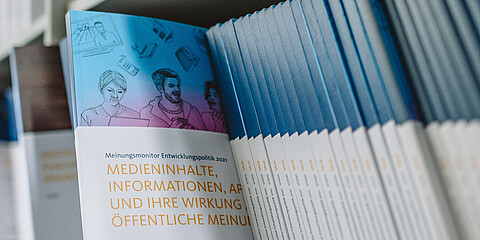In recent years, the body of evidence on the effects of cash transfers and cash plus interventions has increased significantly, particularly for low- and middle-income countries. The range of studied outcomes spans diverse fields such as health, education, consumption, and women's empowerment. As more studies and information become available, the need for synthesis and evidence mapping becomes ever greater. This evidence gap map aims to facilitate evidence-informed decision-making by enabling easy access to the existing rigorous evidence on cash transfers and cash plus programs in low- and middle-income countries. It includes a total of 709 impact evaluations and 33 systematic reviews and provides a visual and interactive representation of these studies in a framework of cash transfer types and a broad range of outcomes. Moreover, it pinpoints critical areas with limited or no evidence, highlighting areas in which more impact evaluations or syntheses are needed.
Bibliographical information

